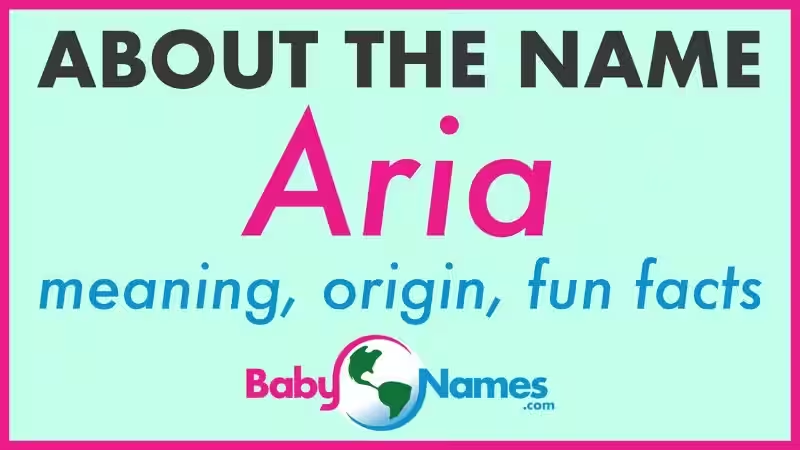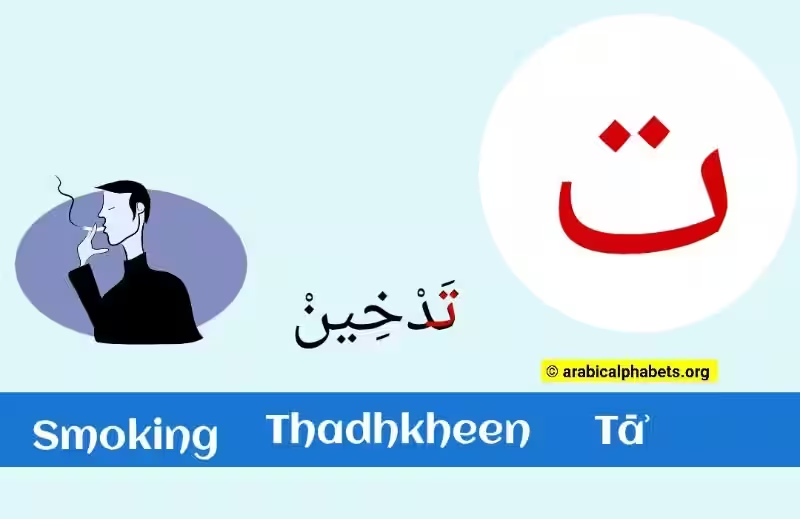
The name “Aria” has a captivating allure, echoing through various cultures and languages. Its origins lie in ancient Sanskrit, Avestan, and Old Persian, where it translates to “noble” and “excellent.” This inherent meaning has resonated across time and borders, making “Aria” a popular choice for parents seeking a name with an impactful significance.
While “Aria” is not a traditional Arabic name, its beautiful sound and powerful meaning have attracted Arabic-speaking individuals, leading to its adoption in some families. The name’s connection to Arabic, however, is not as straightforward as its Sanskrit origins.
Exploring the Arabic Connection: A Deeper Dive
The Arabic spelling of “Aria” is عارية, which is often used in Arabic-speaking communities. It’s important to note that “Aria” doesn’t directly translate from Arabic, but its adoption and usage in Arabic-speaking cultures create a unique cultural context.
Some argue that “Aria” might be derived from the Arabic word “ariyah” (meaning “loan” or “borrowed”), but this connection lacks widespread acceptance and remains speculative. The true root of the name within Arabic culture lies in its appeal to those seeking a name that resonates with strength, grace, and nobility.
Beyond the Literal: The Significance of “Aria” in Arabic Culture
The name “Aria” is often associated with individuals who possess intelligence, strong will, and charisma. This perception aligns with the name’s original meaning of “noble” and “excellent,” emphasizing the importance of character and virtue.
While “Aria” may not have a direct historical connection to Arabic royalty or notable figures, its inherent meaning resonates with the cultural values of honor, integrity, and excellence, deeply embedded in Arabic traditions.
More Than Just a Name: Embracing the Cultural Tapestry
The name “Aria” transcends language barriers and cultural boundaries. Its adoption in Arabic-speaking communities demonstrates the universal appeal of names that carry positive connotations and inspiring meanings.
For individuals named “Aria” in Arabic-speaking cultures, the name becomes a symbol of their unique identity, a bridge between their cultural heritage and the global appreciation for beautiful and meaningful names.
The Enduring Power of “Aria”
The name “Aria” continues to captivate, gaining popularity in recent years. Its association with musicality and its universal meaning of “noble” and “excellent” have contributed to its widespread appeal.
Whether inspired by its Sanskrit origins or its adoption in Arabic-speaking cultures, “Aria” remains a powerful and beautiful name that embodies strength, grace, and an unwavering spirit.
Frequently Asked Questions about the Arabic Meaning of Aria
What is the meaning of the name Aria in Arabic?
While “Aria” is not a traditional Arabic name, it is often associated with the meaning “noble” and “excellent” due to its roots in Sanskrit, Avestan, and Old Persian.
Is “Aria” a common Arabic name?
No, “Aria” is not a common Arabic name. It is more popular in English-speaking countries and other cultures influenced by Sanskrit, Avestan, and Persian languages.
What is the Arabic spelling of “Aria”?
The Arabic spelling of “Aria” is عارية.
Are there any Arabic words that relate to the name “Aria”?
Some argue that “Aria” might be derived from the Arabic word “ariyah” (meaning “loan” or “borrowed”), but this connection is not widely accepted or documented.
What are some similar Arabic names to “Aria”?
Some similar Muslim names include Ariana, Arisha, Arissa, Arish, Arib, Arifa, Ariz, Arif, Arifah, Arifin, Aribah, Arij, Arisa, Arinah, Arikah, Ariiq, Arianaz, Arina, Ariba, and Ariqaat.
- Use descriptive file names to help you find files quickly.
- Use comments to explain your code, making it easier to understand and maintain.
- Use semantic HTML tags to structure your content, making it more accessible and readable for both humans and machines.
- Validate your HTML code to ensure it is well-formed and error-free.
- Optimize your HTML code for performance, reducing file size and improving page load times.
- Use CSS to style your HTML elements, separating presentation from structure.
- Use JavaScript to add interactivity to your web pages, creating dynamic and engaging user experiences.
- Test your HTML code in different browsers and devices to ensure it renders correctly.
- Use responsive design techniques to ensure your website looks good on all screen sizes.
- Use accessibility best practices to make your website usable by everyone.
- Use a code editor to help you write HTML code more efficiently.
- Use a version control system to track changes to your code and collaborate with others.
- Use a framework or library to help you build web applications more quickly and easily.
- Use a content management system (CMS) to manage your website content.
- Use a web server to host your website and serve it to users.
- Use a domain name to make your website accessible on the internet.
- Use a web hosting provider to host your website.
- Use analytics tools to track your website traffic and user behavior.
- Use search engine optimization (SEO) techniques to improve your website’s ranking in search results.
- Use social media to promote your website and engage with your audience.
- Use email marketing to stay in touch with your subscribers.
- Use a website builder to create a website without coding.
- Use a website template to get started quickly.
- Use a website design service to get professional help creating your website.
- Use a website hosting comparison tool to find the best hosting plan for your needs.
- Use a website security scanner to check for vulnerabilities.
- Use a website backup service to protect your website data.
- Use a website performance monitoring tool to track your website’s performance.
- Use a website accessibility checker to ensure your website is accessible to people with disabilities.
- Use a website SEO checker to improve your website’s visibility in search engines.








